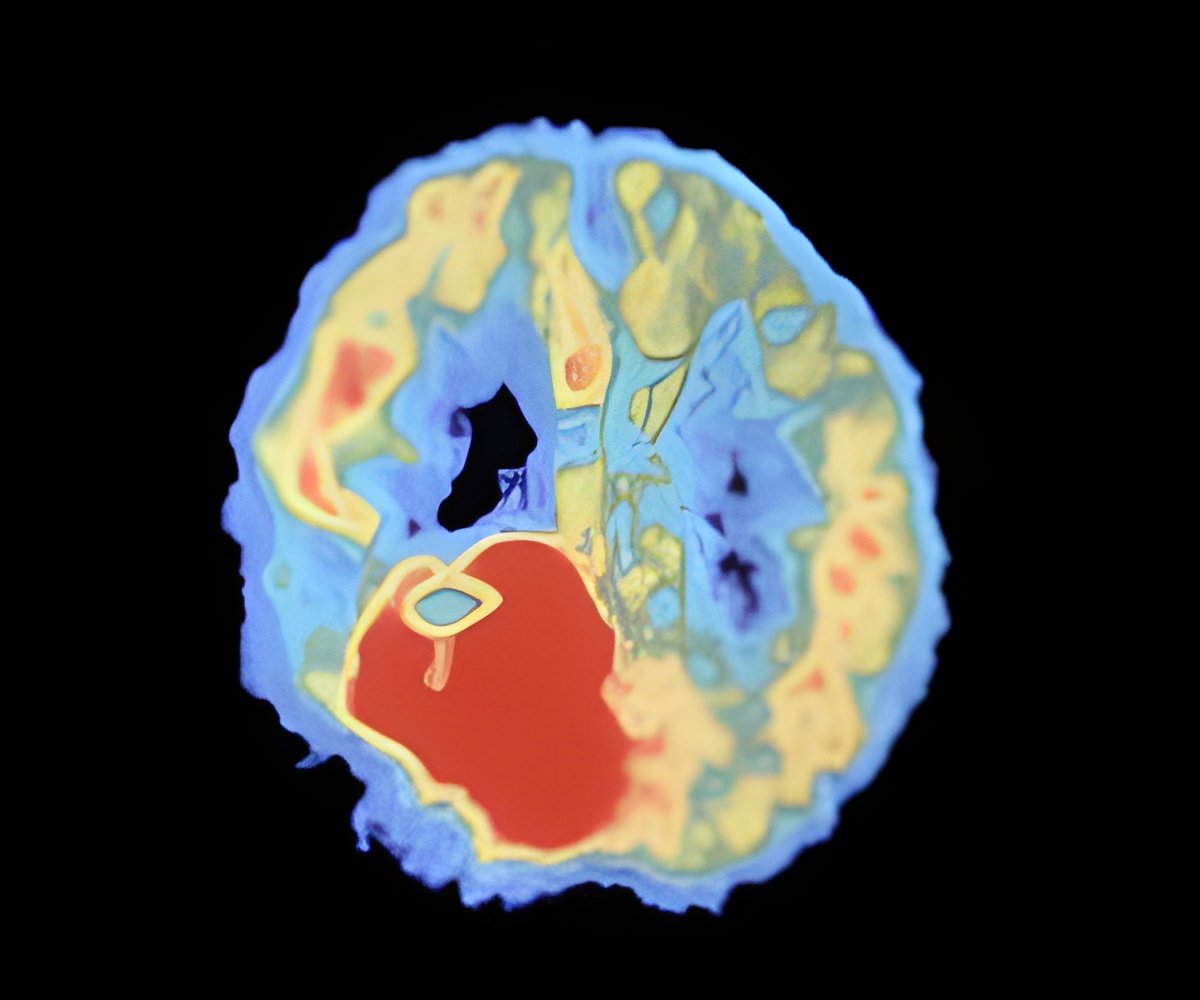Stem cells, derived from human body fat to deliver biological treatments directly to the brains of mice with brain tumor, have significantly extended their lives.

In the mouse experiments, the Johns Hopkins investigators used mesenchymal stem cells (MSCs) — which have an unexplained ability to seek out cancer and other damaged cells — that they harvested from human fat tissue. They modified the MSCs to secrete bone morphogenetic protein 4 (BMP4), a small protein involved in regulating embryonic development and known to have some tumor suppression function. The researchers, who had already given a group of mice glioblastoma cells several weeks earlier, injected stem cells armed with BMP4 into their brains.
In a report published in the May 1 issue of Clinical Cancer Research, the investigators say the mice treated this way had less tumor growth and spread, and their cancers were overall less aggressive and had fewer migratory cancer cells compared to mice that didn't get the treatment. Meanwhile, the mice that received stem cells with BMP4 survived significantly longer, living an average of 76 days, as compared to 52 days in the untreated mice.
"These modified mesenchymal stem cells are like a Trojan horse, in that they successfully make it to the tumor without being detected and then release their therapeutic contents to attack the cancer cells," says study leader Alfredo Quinones-Hinojosa, M.D., a professor of neurosurgery, oncology and neuroscience at the Johns Hopkins University School of Medicine.
Standard treatments for glioblastoma include chemotherapy, radiation and surgery, but even a combination of all three rarely leads to more than 18 months of survival after diagnosis. Finding a way to get biologic therapy to mop up what other treatments can't get is a long-sought goal, says Quinones-Hinojosa, who cautions that years of additional studies are needed before human trials of fat-derived MSC therapies could begin.
Quinones-Hinojosa, who treats brain cancer patients at Johns Hopkins Kimmel Cancer Center, says his team was heartened by the fact that the stem cells let loose into the brain in his experiments did not transform themselves into new tumors.
Advertisement
Ideally, he says, if MSCs work, a patient with a glioblastoma would have some adipose tissue (fat) removed from any number of locations in the body a short time before surgery. The MSCs in the fat would be drawn out and manipulated in the lab to secrete BMP4. Then, after surgeons removed the brain tumor, they could deposit these treatment-armed cells into the brain in the hopes that they would seek out and destroy the cancer cells.
Advertisement














